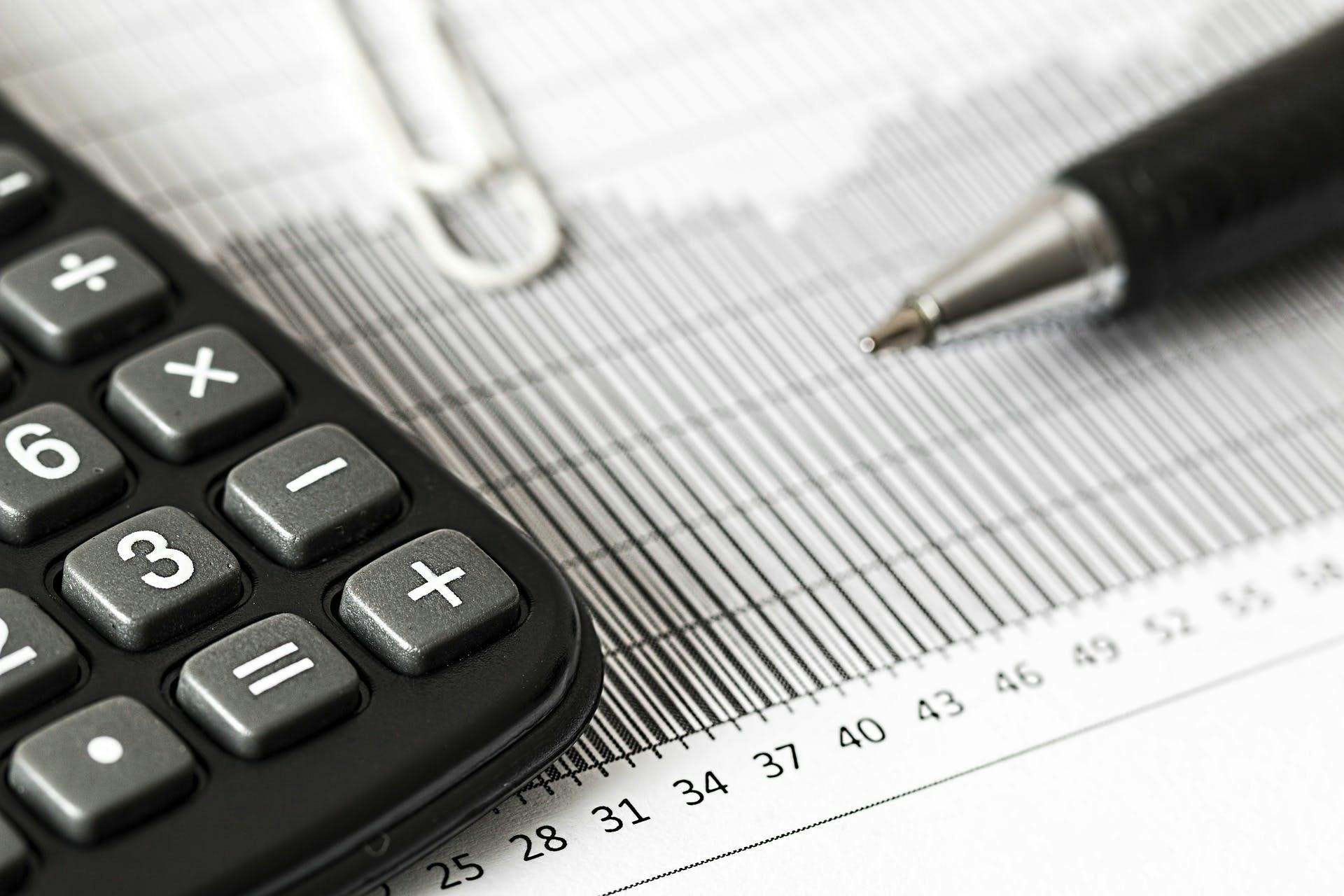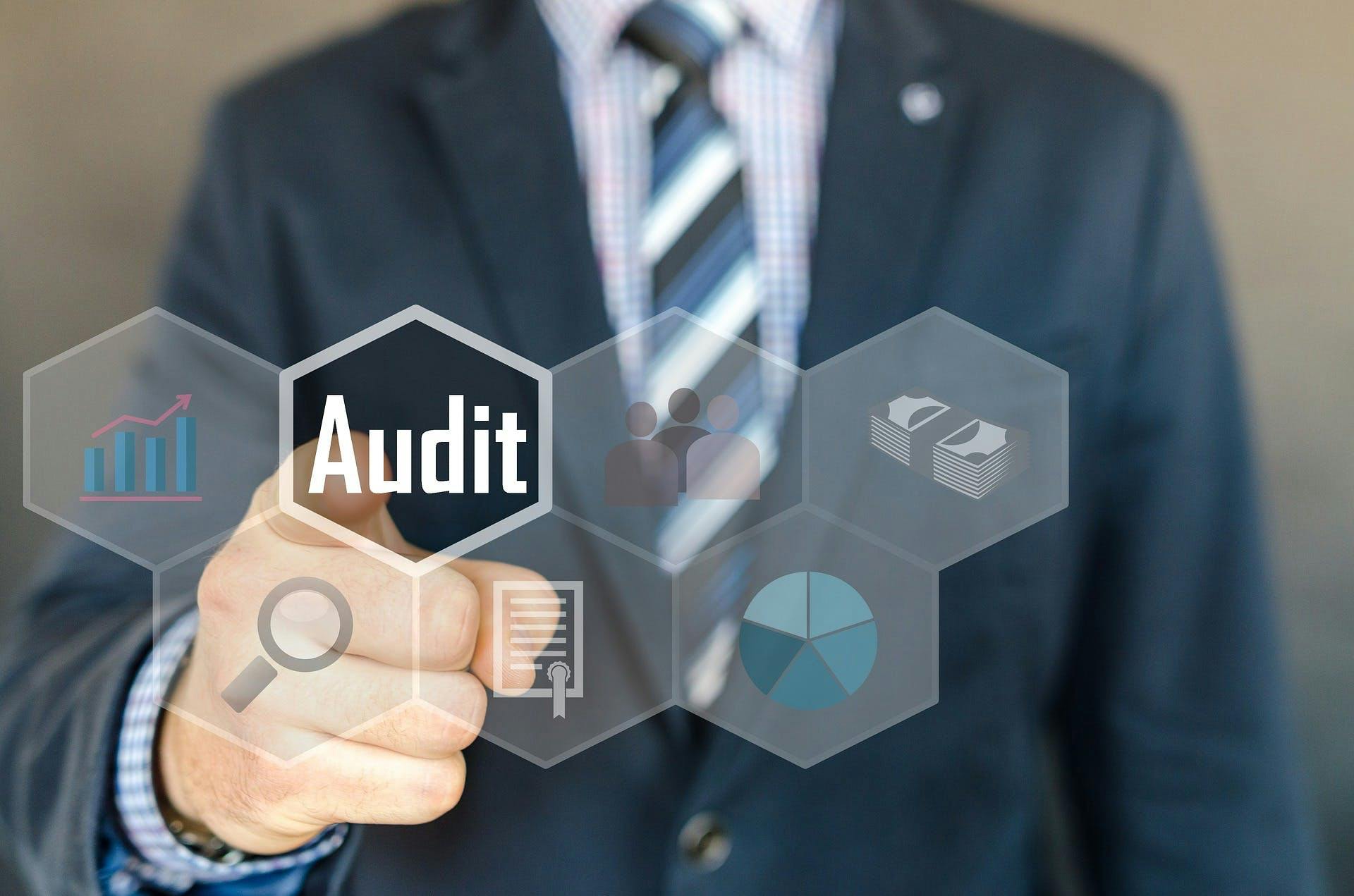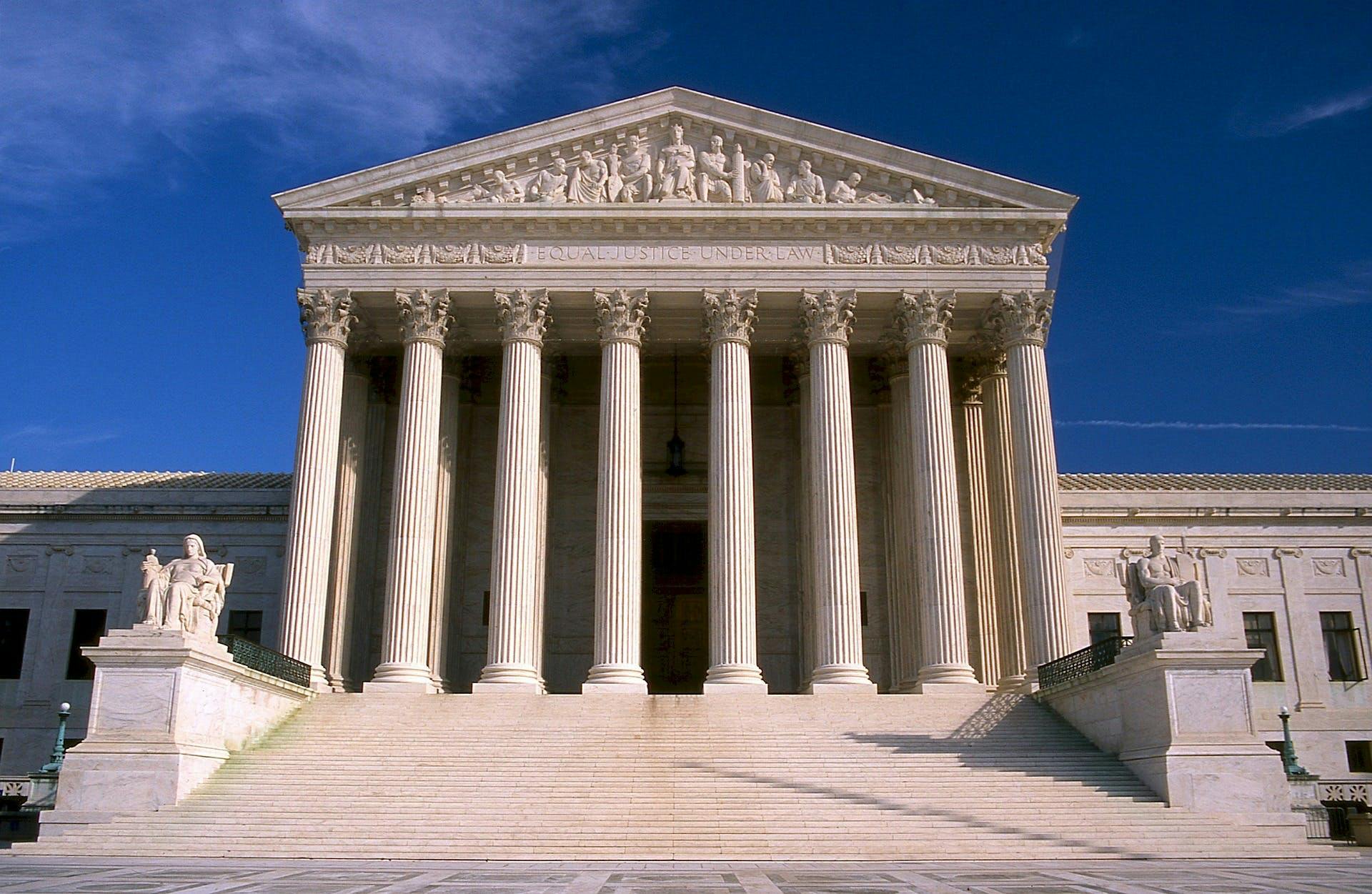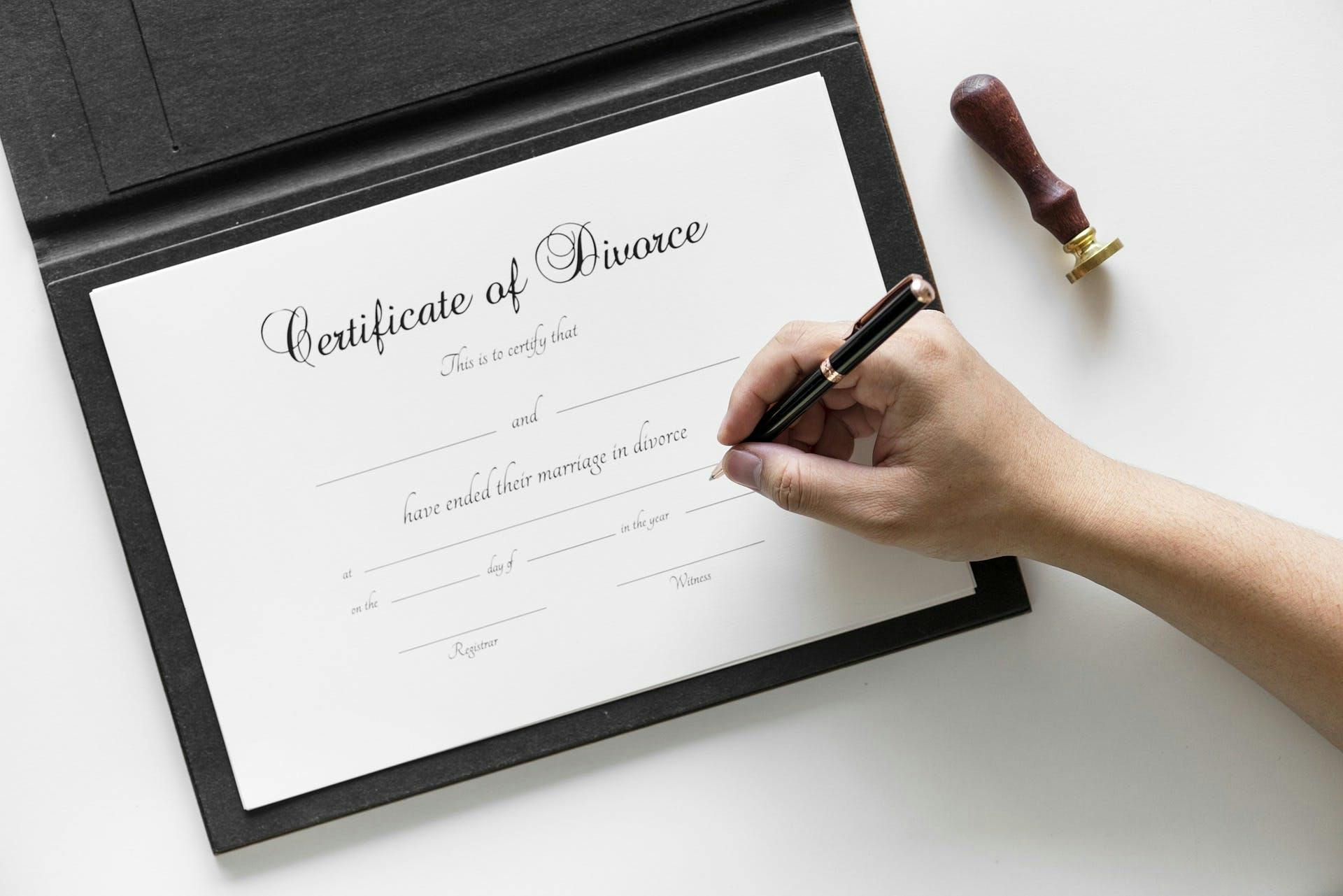You likely have a skilled CPA or personal accountant helping you manage your business finances, but there are some competencies that fall outside of their purview. If you’ve been advised that you may require the services of a forensic accountant, you may wonder what they might do that cannot be done by your trusted, longstanding financial advisors. If you are thinking about obtaining the services of a forensic accountant, you should have a good understanding of what a forensic accountant is, what qualifies someone to act in that role, and what types of skills and services they have to offer.
Forensic Accounting
Forensic accounting combines standard accounting skills with auditing, investigation, and legal knowledge to accurately quantify damages and loss, often for use in legal cases or insurance claims. The term “forensic” implies that the information found in the process of forensic accounting is to be used in court, which is often the case for forensic accountants. They also investigate fraud and embezzlement, tracing the flow of funds and discovering hidden transactions in the process. Your CPA is probably an excellent accountant, but it takes additional experience and training to do the work of forensic accounting.
What Qualifies Someone to be a Forensic Accountant?
Not just any accountant can take on the role of a forensic accountant. Knowing what types of certifications and degrees are common will help you when it comes time for you to evaluate your options regarding the services of forensic accounting.
Besides holding a Bachelor’s degree in accounting or a closely related field, a forensic accountant will need one or more of the following certifications:

- Certified Public Accountant (CPA)
- Chartered Accountant (CA)
- Certified Valuation Analyst (CVA)
- Certified Management Accountant (CMA)
- Certified Forensic Accountant (CFA)
- Certified in Financial Forensics (CFF)
- Certified Fraud Examiner (CFE)
- Investigative & Forensic Accountant (IFA)
As you can see, there are several different certifications related to forensic accounting, but the two that are most widely used are CFE and CFF. As mentioned earlier, a CPA can be a forensic accountant but the necessary skill set goes beyond that of a standard CPA.
Also, you will notice in the list of certifications above terms such as fraud, investigative, analyst, and valuation – which provides a good indication of what type of work forensic accountants perform.
Typical Tasks for a Forensic Accountant
If you are trying to decide whether you need the services of a forensic accountant, a good understanding of the types of tasks they perform is helpful. Forensic accountants perform a variety of tasks in their quest to quantify value, especially when the data they need is not readily available or obvious.
A key aspect of their work includes closely examining business records. They usually have to analyze historical statements and review journal entries. Analyzing electronic data, searching for irregularities, and tracing the flow of funds are also common aspects of the work of a forensic accountant. At times, there may be witnesses to be interviewed. They also evaluate the data and information they have compiled and prepare reports based on that analysis, often in the form of expert opinions and recommendations. Being able to take the often complex world of financial transactions and make it understandable to non-experts is another one of their specialties.
Where Forensic Accountants Are Employed

Of course, the types of tasks they perform are related to where they work, with many employed by organizations such as law firms, family business offices, accounting firms, financial consulting firms, corporate security and risk management, and governmental agencies such as the CIA, IRS, and FBI. Working as independent consultants and expert witnesses is also common.
Phases of Forensic Analytics
Forensic analytics can be divided into four different areas or phases:
- Financial data collection, which involves significant investigation into records (not all of which may be electronic), transactions, ledgers, and trends
- Preparation of financial data for analysis
- Analysis and interpretation of financial data, which can include detecting fraud, establishing valuation, assessing claims, or estimating liability
- Reporting, which may include preparing a report or presenting evidence in court
All four phases are involved in a forensic accounting investigation, though these phases do not always proceed in a strictly linear sense (e.g., analysis may lead to a search for more data or questions about a report may cause a return to analysis).
Where Forensic Accounting Is Used
Forensic accountants are often used to quantify the value of businesses or assets for mergers, acquisitions, and divorces. In other instances, they may be needed to quantify economic damage for cases involving harm or injury, such as:
- Cybercrime
- Fraud and embezzlement cases
- Personal injury cases
- Product liability
- Insurance claims
- Environmental damages
However, establishing valuation is far from the only type of work that forensic accounts are called upon to perform. Their skills are highly useful in many different applications, including their ability to help you make informed financial decisions based on information that regular CPAs do not have the skills to uncover.
Expert Witness

Forensic accountants are often called upon to act as expert witnesses, serve as consultants, or collaborate with other professionals. As an expert witness, their skills are invaluable when it comes to business-related mediation, arbitration, and court testimony as they present evidence and provide expert financial opinions.
Legal Strategy
Another area where forensic accounting is important is in providing support to legal teams working on cases that involve financial issues. Forensic accountants can advise on strategies, issues, and facts of financial cases. They are also important when it comes to analyzing the arguments and positions of the opposing attorneys. If you are involved in a lawsuit that concerns economic damages or accounting analysis, then having a forensic accountant on your team is a wise decision.
Fraud Detection
Fraud detection is a common type of forensic accounting. In an investigative sense, forensic accountants can detect unusual patterns that suggest activity such as embezzlement or fraud. In some instances, they may develop their own algorithms and software applications for tracking down traces of financial transactions that would otherwise remain hidden.
Sadly, such skills are often needed when an employee has become familiar with the vulnerabilities of a business or family and chooses to exploit them. In other instances, an employee may be strapped for money due to divorce proceedings or overwhelming debts. Or an employee might be angry after not receiving a desired raise or promotion. And this can be true of family businesses, too. If you suspect fraud, then a forensic accountant can help to establish guilt or innocence.
Fraud Prevention
A forensic accountant can also help organizations assess their vulnerability to fraud and assist them with developing policies and methods to reduce that vulnerability. Not only does this help prevent fraud, but it also helps to protect the reputation of the organization – no organization wants their name in the same sentence as words such as “embezzlement” or “fraud.”
Expert Training
Another critical area where forensic accountants are highly useful involves the expert training of investigators and internal auditors for organizations.
Insurance
Insurance companies use the services of forensic accountants to establish the value damages from claims. In these instances, forensic accountants will have in depth knowledge of insurance contracts and how they work. The most common types of claims they work with include property, liability, construction risks, and business interruption.
Divorce Proceedings

If a couple’s assets involve any degree of complexity, as high net worth couples’ assets tend to do, then trying to divide up those assets during a divorce proceeding can be extremely difficult. This is another area where forensic accountants are invaluable. As skilled as a divorce lawyer may be, he or she is not going to understand issues such as long-term tax liability, how to divide up assets such as deferred compensation, how to get an expert appraisal on rare collectibles, or how to properly assign a value to a complicated financial portfolio that includes holdings overseas. As a neutral third party, a forensic accountant can assist in valuation and make recommendations for fairly dividing both assets and debt. If you are involved in divorce proceedings, then the skills and experience of a forensic accountant is a must.
Conclusion
Forensic accountants have a special skill set that goes beyond that of your family CPA and it includes the ability to audit, investigate, and provide expert legal opinions on complex financial matters. They can establish value, track down hidden assets, detect fraud, and assist with legal strategy. From divorce proceedings to insurance claims, the contributions they make are extremely valuable. If you are dealing with legal issues, potential fraud, or divorce proceedings, then you would be very wise to add a forensic accountant to your team.
FBO Services
FBO Services is a family business office that combines a wide skill set encompassing accounting, tax services, fee-only financial planning, and, if our clients need it, forensic accounting. Our expert staff is independent, discrete, and free of conflicts as we assist you with all aspects of your financial affairs, including valuation, legal issues, and divorce proceedings. Contact us today to find out how we can help you!
